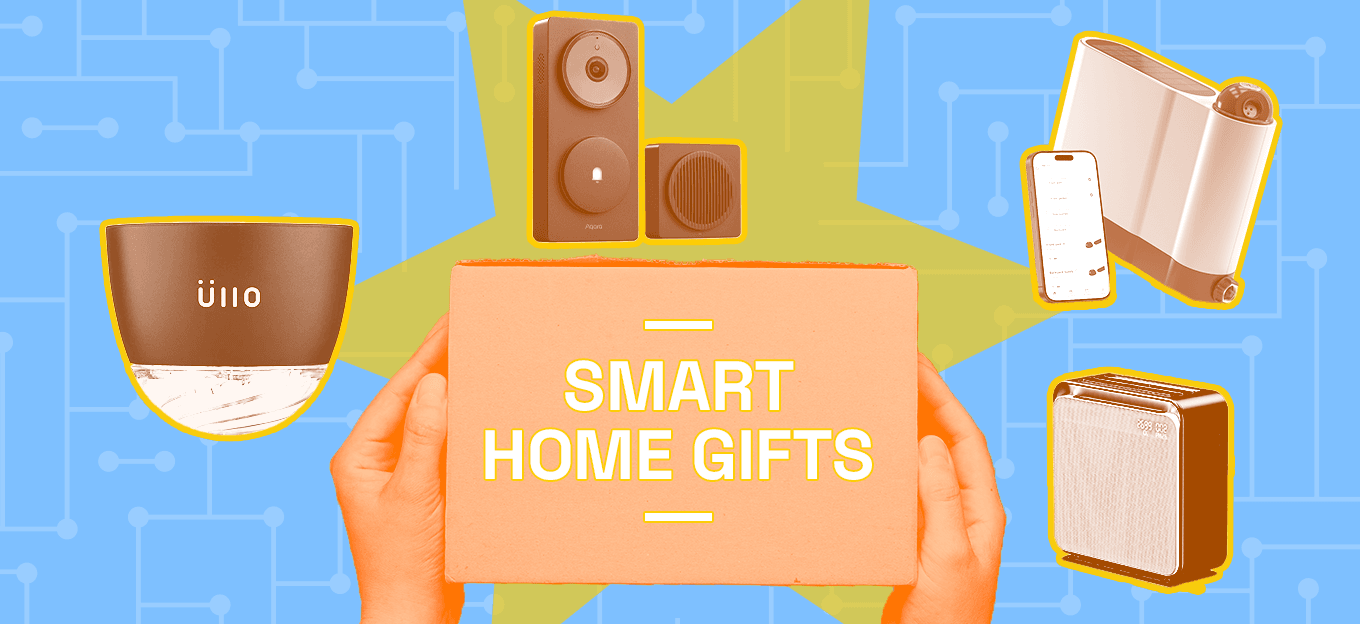Google and IBM vs Alexa - The Competition for Voice-Enabled Virtual Assistants Intensifies
Google and IBM vs Alexa - The Competition for Voice-Enabled Virtual Assistants Intensifies
- Last Updated: December 2, 2024
Yitaek Hwang
- Last Updated: December 2, 2024



Oppenheimer analyst Andrew Uerkwitz estimated that between 10 million to 12 million Alexa and Google Home devices were sold over the holidays. With RBC Capital Markets predicting $10 billion in revenue for Alexa by 2020, the voice assistant market continues to quickly grow. So while Amazon maintains a lead with market mover advantage, here’s what Google and IBM have done recently to close the gap.
Burger King stole the headlines last week when they rolled out their ad hijacking campaign saying “OK, Google, what is the Whopper burger?”. The ad that aired on Jimmy Fallon and The Jimmy Kimmel Show triggered thousands of Google Homes to read out a Wikipedia entry on the Whopper.
After Google blocked BK from triggering Google Homes, they also unveiled their upgrade to personalize the device. This update allows up to six people to log into a Google Home device and configure it to their needs. After a quick setup process, Google Home will recognize each user’s voice and tailor its response to sync with the user’s account (calendar, email, music, etc).
This is a clear winner and differentiator against Amazon’s Alexa, which necessitates that each user login and “take-over” the device. While the update still doesn’t present a good solution against a BK-style ad campaign, it puts Google ahead of Alexa in terms of features.
Google also pulled its Cloud Speech API out of beta and is making it available to anyone looking to take advantage of its Alexa Voice Services equivalent. It essentially levels the playing field and should attract more developers to build on Google’s platform as well.
IBM
Instead of breaking into the already crowded smart home market, IBM has partnered up with Harman Professional Solutions to build smart hotels. In terms of functionality, there’s no difference in placing an Alexa or Google Home in these hotels and enabling integrations with smart lights and services for the room.
Essentially, IBM took Harman’s AKG microphones, JBL speakers, and AMX AV control and plugged in Watson as its backend, a fancier version for your Raspberry Pi Alexa.
Aside from the convenience factor, IBM’s new service will also improve accessibility for hotel guests, especially those with additional needs in vision and mobility. IBM also purports that over time the system will remember each traveler’s desired settings and can import such settings at these IBM-enabled hotels.
This may imply IBM’s subsequent moves into the smart home market as well. Finally, IBM is opening up white labeling opportunities for its service. IBM will allow customization of wake words, so the Ritz may allow its system to ‘Ask Jeeves’ instead of ‘Watson.’
Voice-enabled rooms by IBM and Harman won’t be available until mid-2017, but without clear pricing information and differentiating features, I wonder if they can race ahead and prevent hotel owners from putting an Alexa or Google Home in their rooms.
The Most Comprehensive IoT Newsletter for Enterprises
Showcasing the highest-quality content, resources, news, and insights from the world of the Internet of Things. Subscribe to remain informed and up-to-date.
New Podcast Episode

Moving Past the Pilot Phase in IoT and AI
Related Articles


